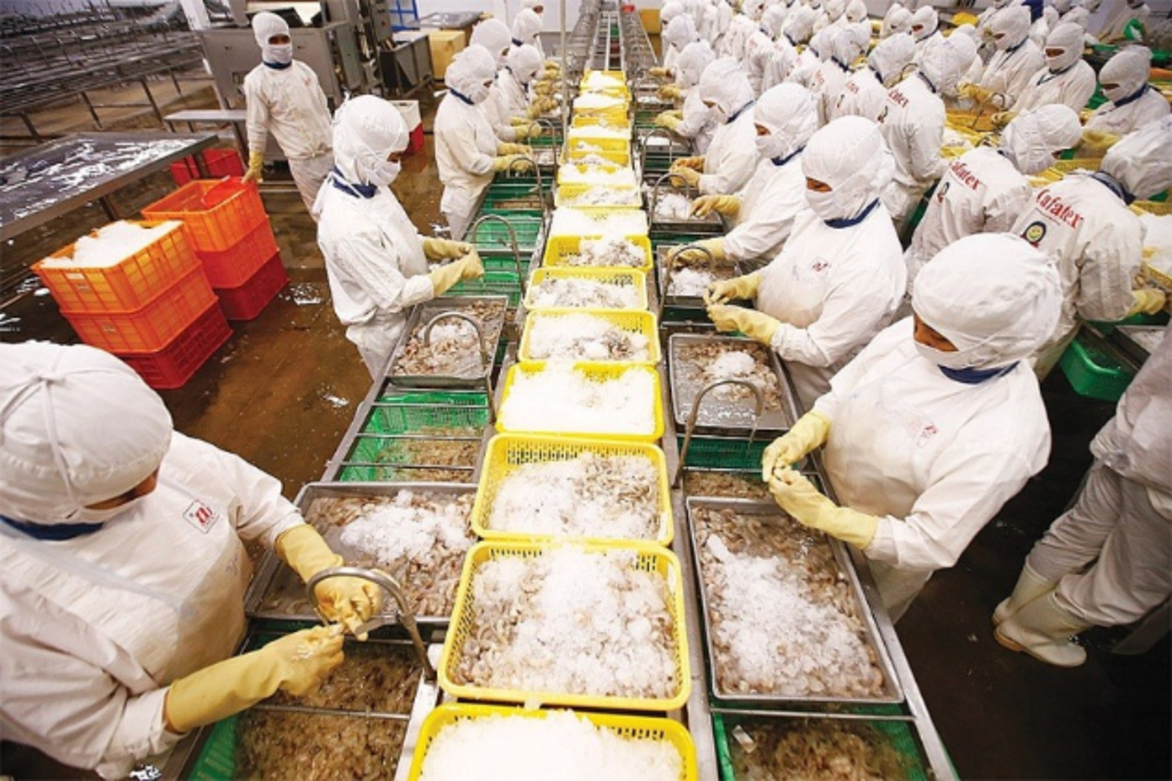Vietnam government acts to avoid trade sanctions from key markets
Robert Besser
25 Apr 2025

HANOI, Vietnam: Vietnam's government has ordered stricter oversight of goods headed to the United States and other major markets, aiming to crack down on illegal transhipment and avoid damaging trade sanctions.
A directive issued by the Ministry of Trade on April 15, seen by Reuters, warns that fraud risks are rising amid escalating tensions driven by U.S. tariffs. The ministry says trade deception—particularly around the origin of goods—could complicate efforts to shield Vietnam from sanctions imposed by global partners.
While no country is named directly, the directive comes as Vietnam faces scrutiny from Washington over allegations that Chinese goods are being routed through Vietnamese ports to dodge tariffs. Nearly 40 percent of Vietnam's imports come from China, and U.S. officials have repeatedly accused Beijing of exploiting Southeast Asian supply chains to rebrand exports.
Vietnam itself is facing a 46 percent "reciprocal" tariff from the Trump administration, which is currently paused until July. If enacted, the duties could hit the country's export-driven economy hard, particularly its critical trade relationship with the United States.
To prevent further fallout, the directive instructs customs officials and trade agencies to tighten inspections of imported raw materials used in export production and verify their true country of origin. Authorities are also told to scrutinize factories and keep a closer watch on applications for "Made in Vietnam" certificates—especially when the number of requests suddenly spikes.
Vietnamese Prime Minister Pham Minh Chinh has directed relevant ministries to tackle trade fraud, counterfeiting, and other practices that could trigger U.S. trade actions. His comments came ahead of expected tariff negotiations with Washington.
The directive follows Chinese President Xi Jinping's recent visit to Hanoi, during which the two countries signed an agreement to boost cooperation on certifying the origin of goods. China has since warned its neighbours against siding with the U.S. in trade disputes.
According to trade officials, one method of illegal transhipment involves Chinese goods making a stop in Vietnam, being re-labeled, and then exported to the U.S. without undergoing meaningful transformation. The new rules aim to block such practices before they provoke America's punitive responses.
Officials have been instructed to propose targeted measures to prevent future violations, as Vietnam works to maintain its top export status and safeguard its international trade ties.
